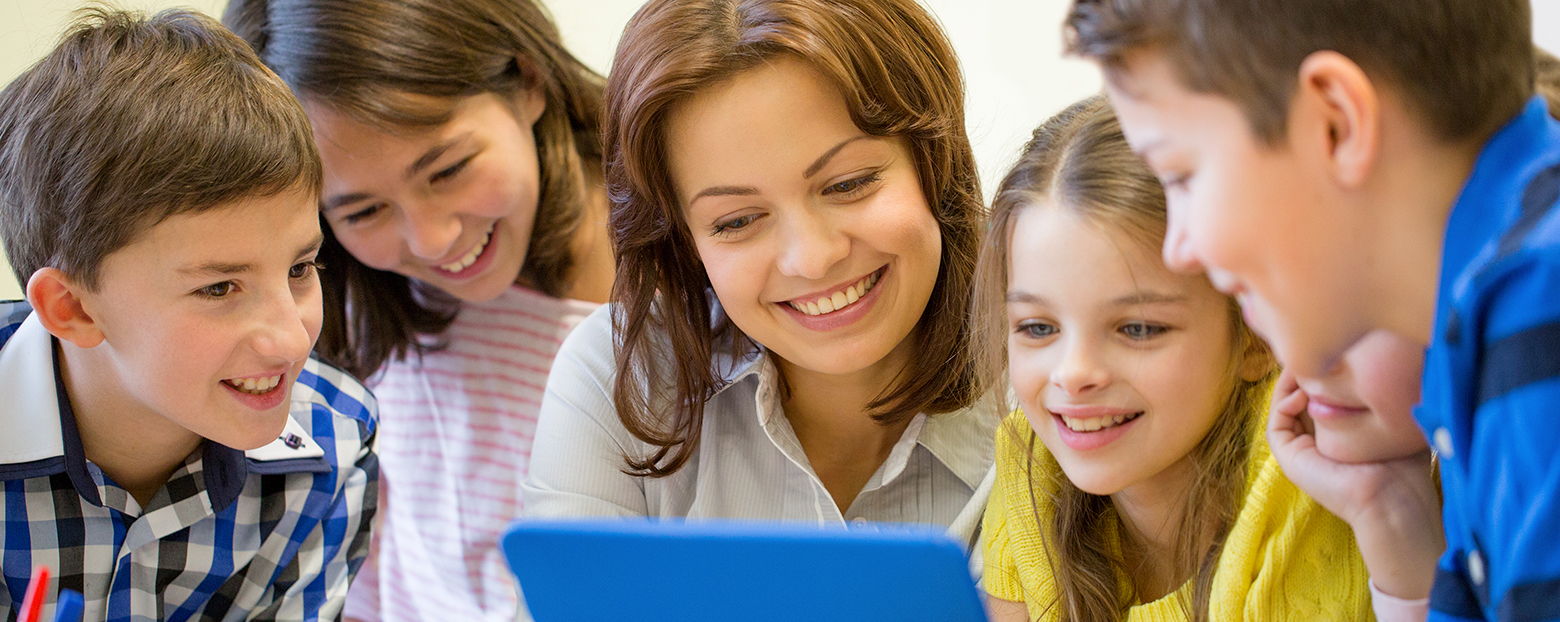What can the creative industries do to support the menopause transition and women’s health for those working as contractors, self employed or freelancers in the world of advertising, art, media & making?
There have been some fantastic campaigns out there recently bringing conversations around the menopause, fertility, the menstrual cycle and ageing to the forefront; it’s been fab to see and I only hope that I’ll get to collaborate with more brands creating work like this. YES to all of you!
Furthermore, we have seen the rise in companies (Monzo, C4, Lulu Lemon to name a few…) developing and adopting a women’s health strategy, and, with menopausal women being the fasting growing workplace demographic in the UK*, it has seen many creating a more inclusive approach to working; nodding their heads to the Menopause Mandate while hoping to retain these valuable employees in senior leadership positions.
Mariella Frostrup, Alice Smellie & Melissa Robertson are just a few of the people we can thank for this pro-active mandate campaign to help revolutionise the way women receive or experience health services in the working world and, in wider society. They all talk openly about ways that business’s can put in place practices to help their staff and make health a more gender neutral experience in the workplace.
So yes, we are absolutely getting there.
But before I raise a glass or celebrate with too much gusto, I’m sat here thinking; what about the freelancers, what about the artists?
How are brands making a difference within their own structures and their own practices to champion inclusion when it comes to menopausal health in the FREELANCE creative industries? How far does this go beyond the headline and how are these ‘inclusive’ promises filtering down to the process’s and production of projects right from the very start. How was the picture made, how was the campaign managed; what actions were taken to enable safe conversation, inclusion & consideration of queer or female health throughout.
Freelancers and contractors make up a staggering 989,000 of those working in the creative sector. (*ref Lords Library 2022), now thats a huge amount & I sit here as one of them who advocates for myself and my health, but what about those who can’t or are unsure how to and, do I, do we, even have the language or the know how to conduct these types of discusions in a culture that upholds expectation, productivity and blurs the line between the personal and work.
So speaking as a freelancer who is well into menopause (early menopause at 37) and someone who is determined to create this ripple in contemporary discourse despite her brain fog, sleepless nights, sporadic incontinience and seemingly reduced ability to manage multiple projects – how do I go about working in a world where this can directly impact the commissions I take. Where my entire ability to perform or bring my best would be under total scrutiny if I admitted on set or while in a creative planning meeting, that I couldn’t remember the name of the art director yet againand I’d probably need a bit more time here and there to accommodate my often sudden anxiety or slightly slower processing rate.
Freelancers, contractors and self employed creatives – how is this manifesting in your lives and how is it effecting the jobs you take on, the commissions you feel you can apply for or the confidence you have when actually part of the project?
I’m thinking here about the models, the film crew, the photographers, the digi-ops, the production managers, the lighting technicians and the multitude of ‘unemployed’ that come together to make something happen.
What is happening within gender health gaps for those who aren’t in traditional job roles or employment structures?
What is the creative industry doing for Artists to support us at this time, what are we doing to support ourselves and, what can we do?
How do I, as a female freelancer experiencing early Menopause navigate the system? Where is my support and what are brands, agents or representational bodies really doing for me and others like me throughout the entire process of an ad campaign.
Now I am going to be honest with you, I am at the start of this research, this dig in to the challenges that people like me face and the ways that we can recognise common issues and begin to talk about them so, that we can then start to do something about it.
I’m fully aware that I am yet to mention the trans community, the differences one might experience due to ethnicity, religious beliefs or personal circumstance. This article asks a lot of questions, it is meant to; but it also only begins to scratch the surface of things that we might want to consider when truly remaining inclusive and reducing stigma.
Not to mention, to keep women or non binary individuals in the creative industries as long as possible and at high level positions. I think it’s pretty fair to say there has been long term dialogue about the creative industries dismissal of the older woman & the visibility – or rather invisibility. Conventional perceptions need to be challenged, conversations initiated and the importance of health and equality in the creative industries, at all ages, addressed – for all. Freelancers and employees alike.
Let’s start this dialogue!
If you are an artist, contractor, freelancer or working in the creative industries & have anyexperience of this, any thoughts, agree or disagree – whatever it is; I would LOVE to pick your brains and chat.
IRL with coffee & donuts is fine, as is a good old fashioned phone call or a zoom in our slacks. I am determined to get this conversation on the table so creative folk…let’s chat!
Thanks for listening.
Carli
Categories: News

